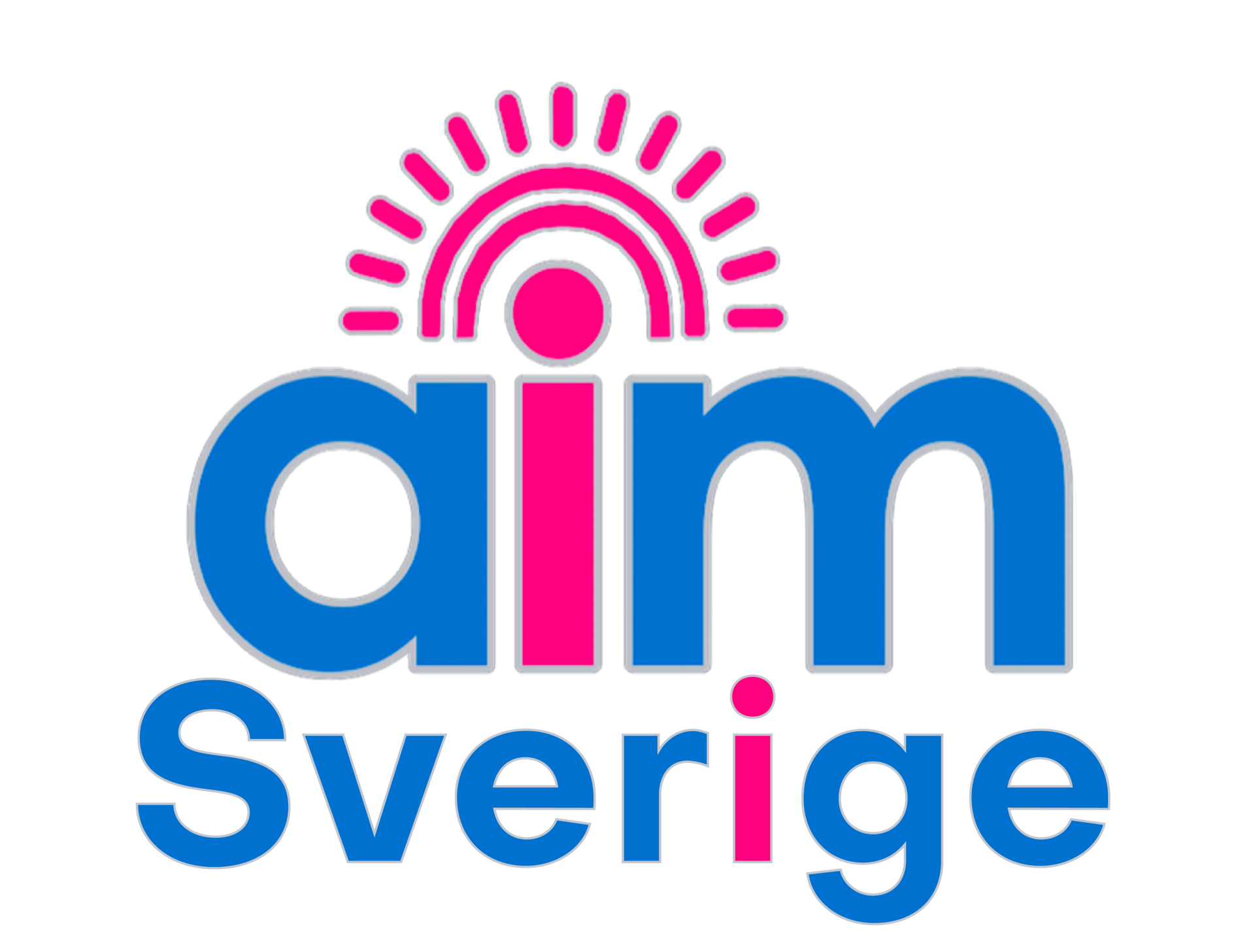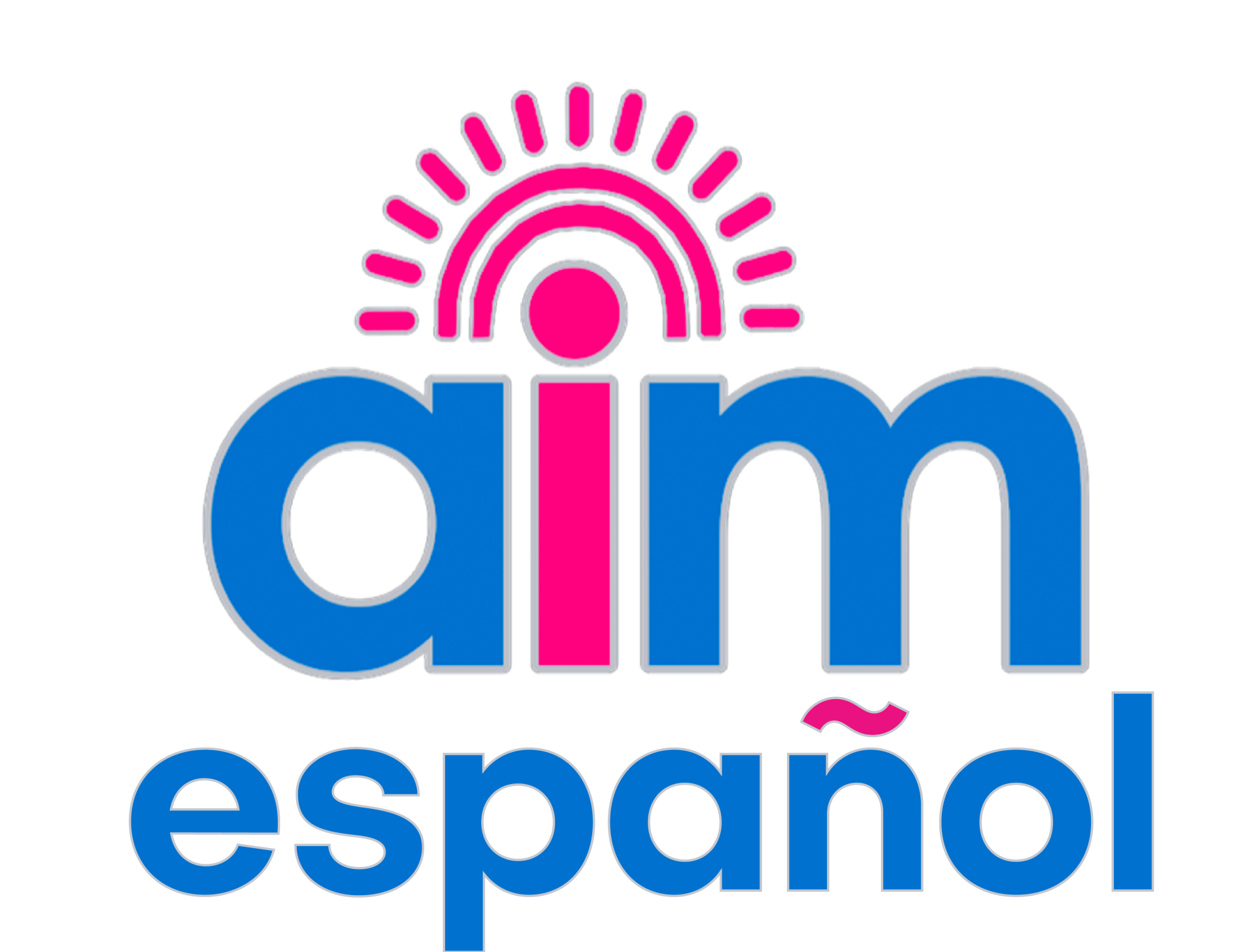5 Great Parenting Resolutions
It’s a new year and the cyber world is flooded with people announcing their resolutions such as “I will stop being jealous that my children have better technogadgets than I do”, and “I will start believing that if I can’t see it, it isn’t dirty” (Shelly McLaughlin, Pathfinders for Autism). To start your New Year off right, consider trying out some of my favorite “secret weapons” for parenting school-age children.
1) Say it with a Word (or 2) – “Uh-oh. Shoes” (while looking down at shoes left in the hall) can be so much more powerful then a yelling session of “I’ve told you a million times…” Young children do need reminders about house rules. Just keep the reminders simple, so that you are giving a cue to trigger your child to remember the rule. For example, when you simply say “Uh-oh. Shoes”, the child is encouraged to think on his own, “What is wrong with shoes being there? Oh yeah! Shoes go by the door”. Other examples: “Feet?” when you see feet on the furniture, or “Gentle hands” when they reach towards baby sister or the dog”.
2) Show the child how he can be helpful and involved – Montessori knew that children thrive best within a community because they have a strong innate desire to contribute and feel a sense of belonging. For this reason, preschool and school-age children have an inner drive to feel useful. If you notice your child starts to whine or fight with his sibling often while you are making dinner, find a way that he can be helpful. For example, “Jason, I would love your help putting a napkin and fork by each table. Could you be my special helper with that?”
3) Show him what he can do, instead of just telling him to stop - Often I see parents repeatedly correct a child’s behavior by saying, “Please stop touching your sister….Don’t touch her like that…Hey, don’t put your hand by her face. She doesn’t like it.” All the while, the parent never says what the child can do. It is sort of like saying, “Don’t think about elephants”. What are you thinking about? On the contrary if I had started by asking you to think about a monkey and picture its sounds and actions then you would very likely not be thinking about elephants. So, turn your “no’s” into “this is how we hug” or “let’s use gentle hands, like this (and then demonstrate).
4) Show me the Money! – This phrase is actually from a movie, but you can use the words “Show me” to encourage more appropriate behavior. Montessori said young children are constant making progress towards independence (“Help me to help myself.”). The child is so thirsty for a sense of self-competence that they often rise to the occasion when you ask, “Could you please show me again how well you can get your coat on/tie your shoe/clear your plate from the table all the way to the dish washer?” or “Show me how fast you can run to the car” (when trying to load up and go).
5) Say what you mean – I see many parents at parks or parties ask their children, “Are you ready to go?” Watching, I can tell what the child is thinking: “Are you crazy lady? I’m chin deep in sand & toys. I don’t EVER wanna go!” Often this question is answered with a “No!” and followed by a power struggle and sometimes yelling. Instead, just be clear with information, and then give them something they can contribute to: “Time to go. How should we say goodbye to the park today? Do you want to high-five the slide, or you can show me one more time how you can jump off all by yourself? You choose.”






















